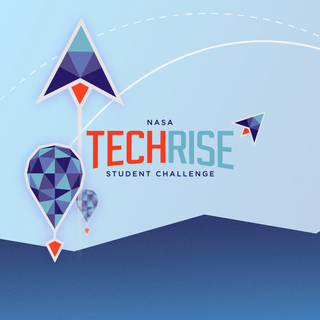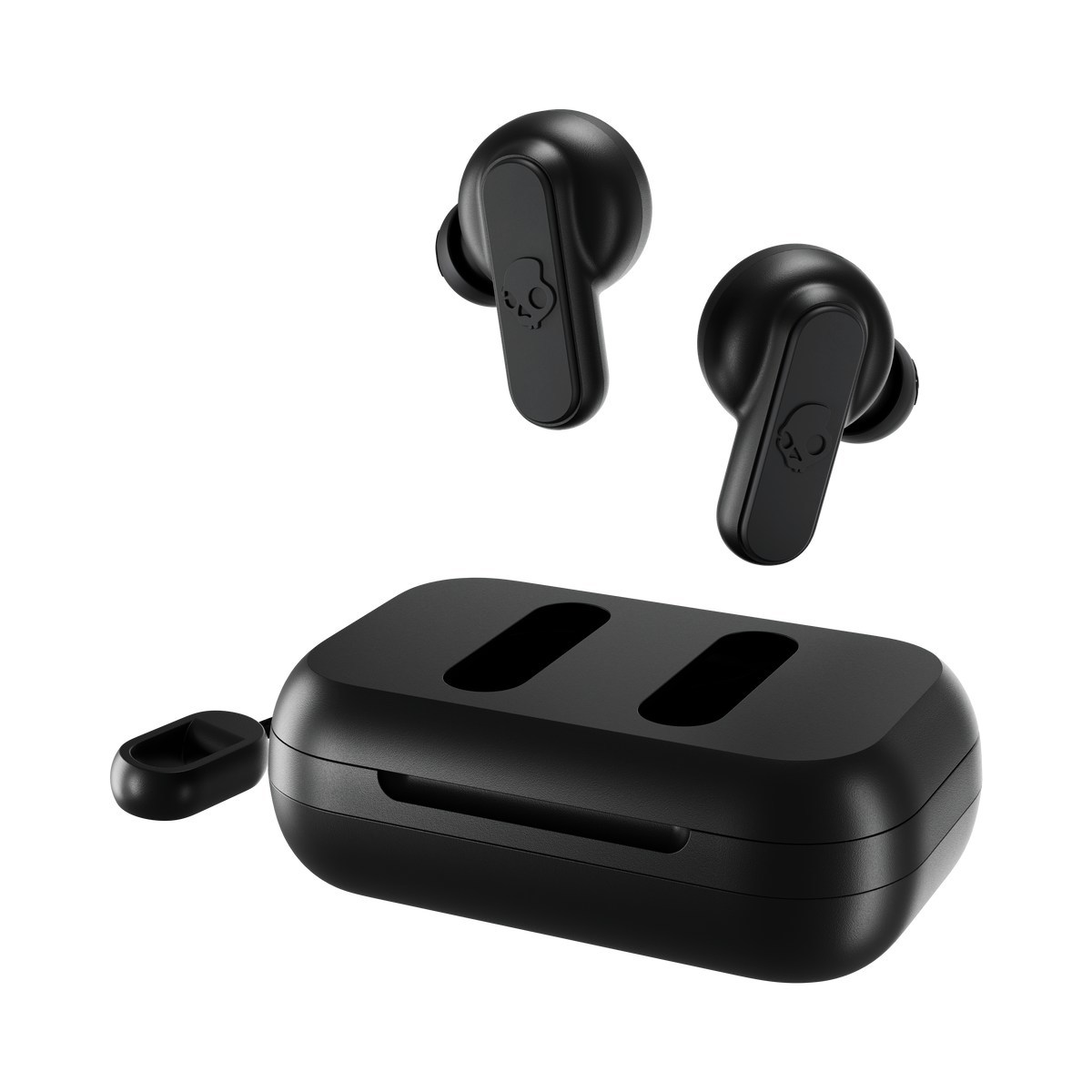New NASA Student Challenge Offers Hands-On Tech Development

NASA will initiate a new competition for the 2021-22 school year, providing student teams a chance to design, build, and launch experiments on suborbital rockets and high-altitude balloon flights. NASA and Future Engineers, the challenge administrator, will offer a series of virtual events for educators to hear from agency experts and learn more about this exciting opportunity for students.

The NASA TechRise Student Challenge will begin accepting entries in August. Teams of sixth- to 12th-grade students can submit ideas for climate or remote sensing experiments to fly on a high-altitude balloon, and space exploration experiments to fly aboard a suborbital rocket.
The winning teams each will receive $1,500 to build their payloads, as well as an assigned spot on a NASA-sponsored commercial suborbital flight. Balloon flights will offer more than four hours of flight time, while suborbital rockets will provide around three minutes of test time in microgravity conditions.
“This competition is an exciting opportunity for students across the country, whether they’re already passionate about space exploration or looking for a new challenge,” said Jim Reuter, associate administrator for NASA’s Space Technology Mission Directorate (STMD). “Student teams will get hands-on experience creating and building their own experiments and then get to see them fly to suborbital space, just like NASA engineers and university researchers.”
The contest aims to inspire a deeper understanding of Earth’s atmosphere, space exploration, coding, and electronics, as well as a broader understanding of the value of test data. The challenge also will allow students to engage with NASA and technology communities, and expose them to potential careers in science, technology, and space exploration fields.
Before the competition opens in August, educators can hear from NASA experts and learn more about the opportunity through a series of virtual activities.
- The challenge kick-off event, part of the Department of Education’s eighth annual ED Games Expo, will occur Tuesday, June 1, at 6 p.m. EDT. Educators can register to participate in the event. The two-hour session will stream live at:
- NASA TechRise educator summer workshops will dive into the basics of electronics, coding, and designing for flight. The first workshop will take place July 28 and repeat Aug. 11.
“NASA is committed to providing students with hands-on experience and real-life problems the agency faces,” said Mike Kincaid, NASA associate administrator for STEM engagement. “These challenges are a fun and educational experience for the future STEM workforce to develop the necessary skills for NASA to continue to be successful. I am confident they will go on to accomplish great things.”
NASA is working with three flight providers to support the competition. The student payloads will fly on one of the following:
- Blue Origin’s New Shepard rocket
- UP Aerospace Inc.’s SpaceLoft rocket
- Raven Aerostar’s Zero Pressure high-altitude balloon
The NASA TechRise Student Challenge will be open to student teams affiliated with U.S. public, private, and charter schools, including in Puerto Rico, the U.S. Virgin Islands, and all other U.S. territories. NASA’s Flight Opportunities program, based at the agency’s Armstrong Flight Research Center in Edwards, California, and part of STMD, manages the challenge.
For challenge details and to pre-register for the competition, visit:





